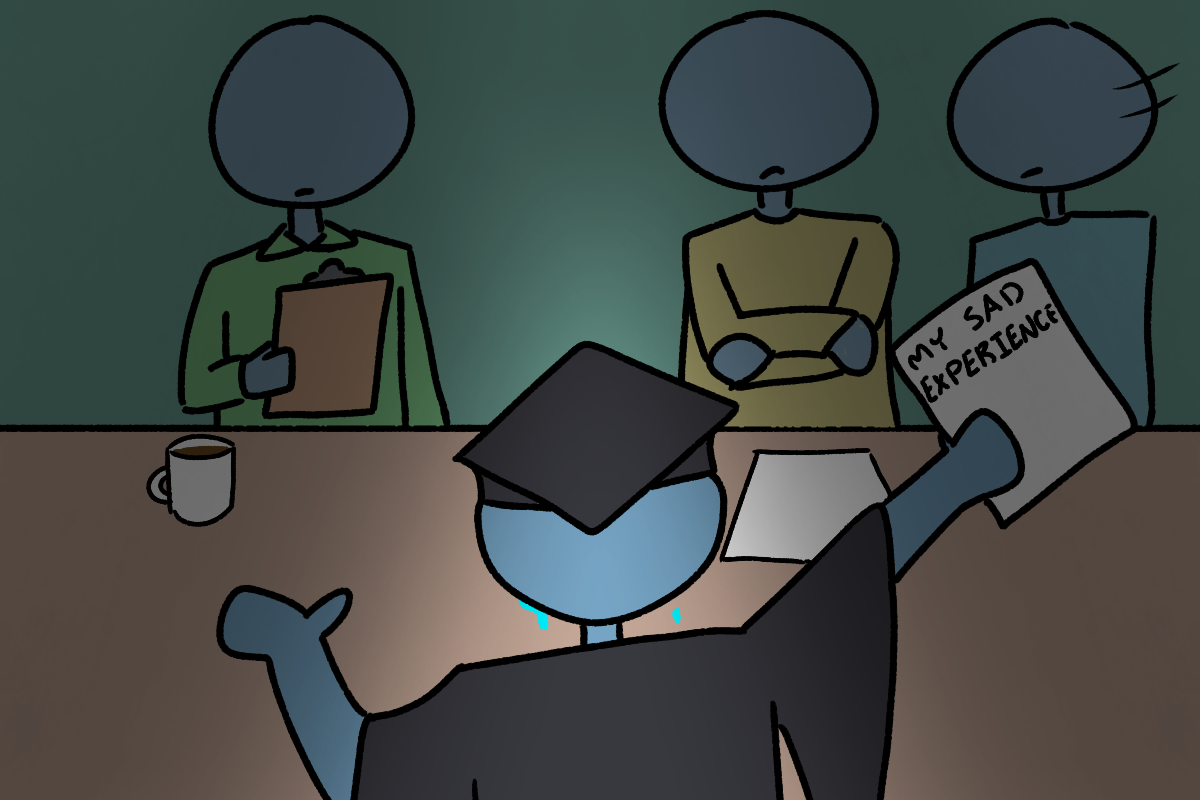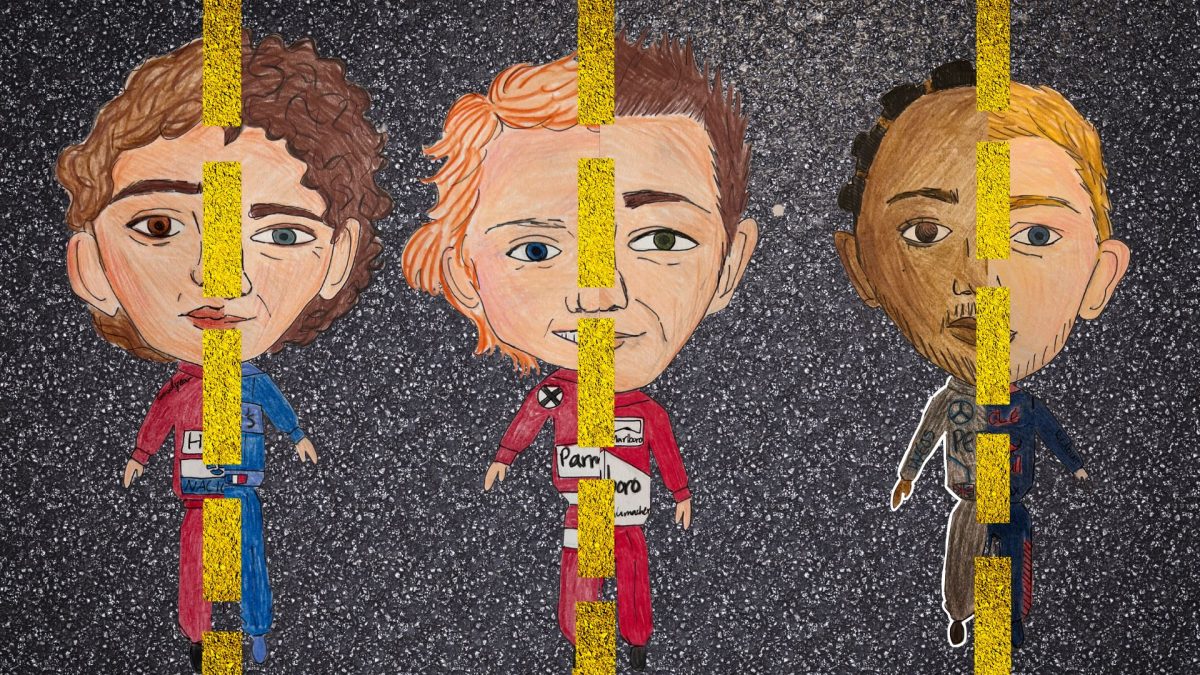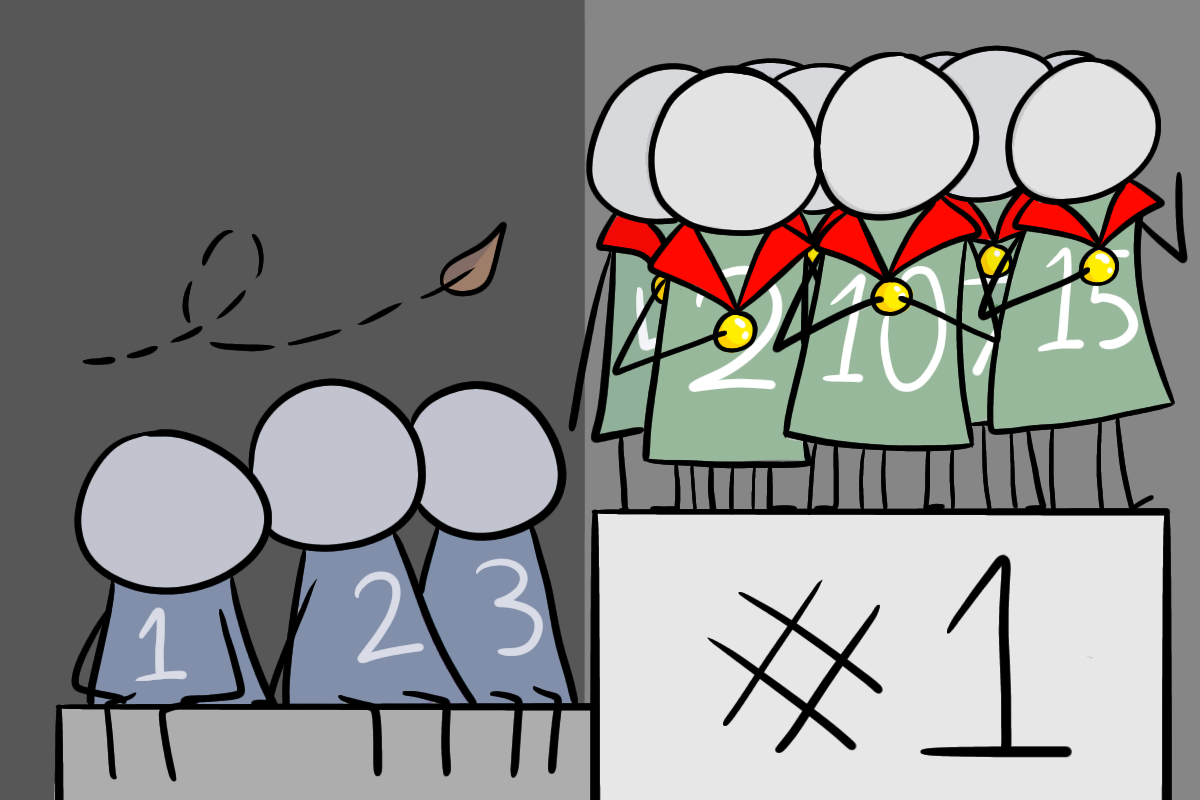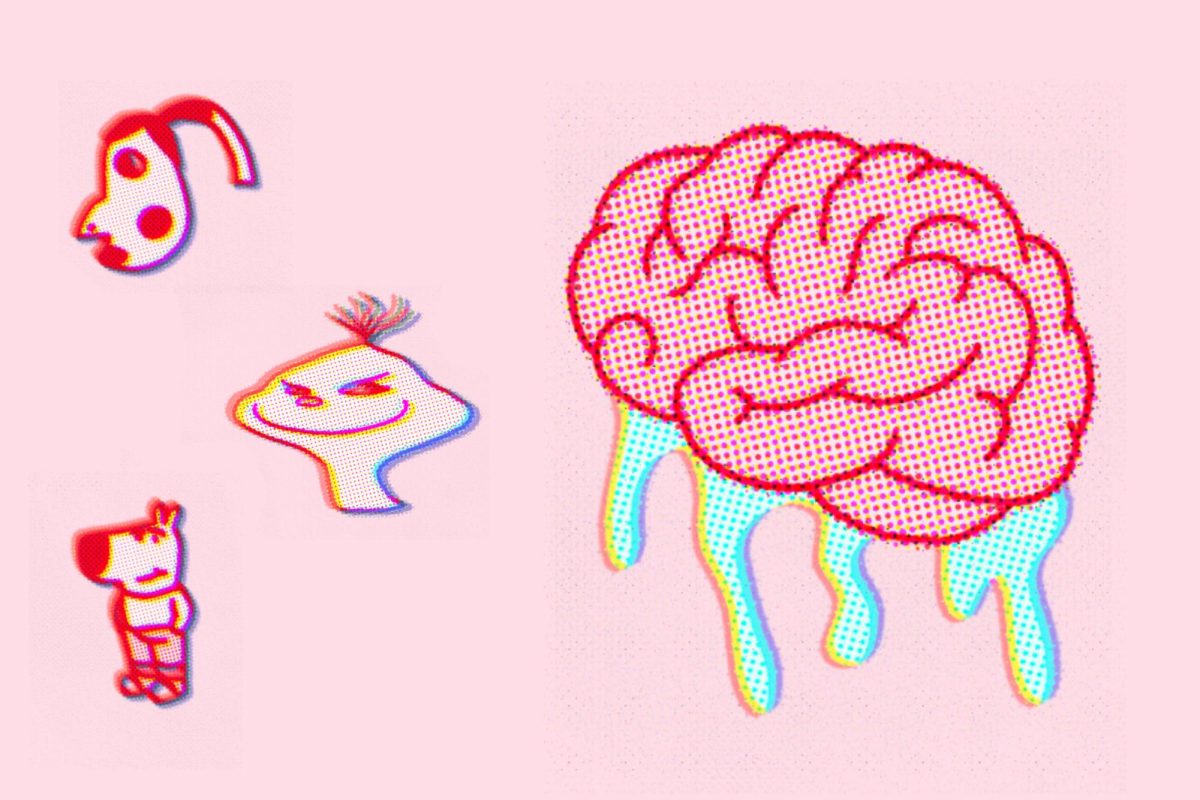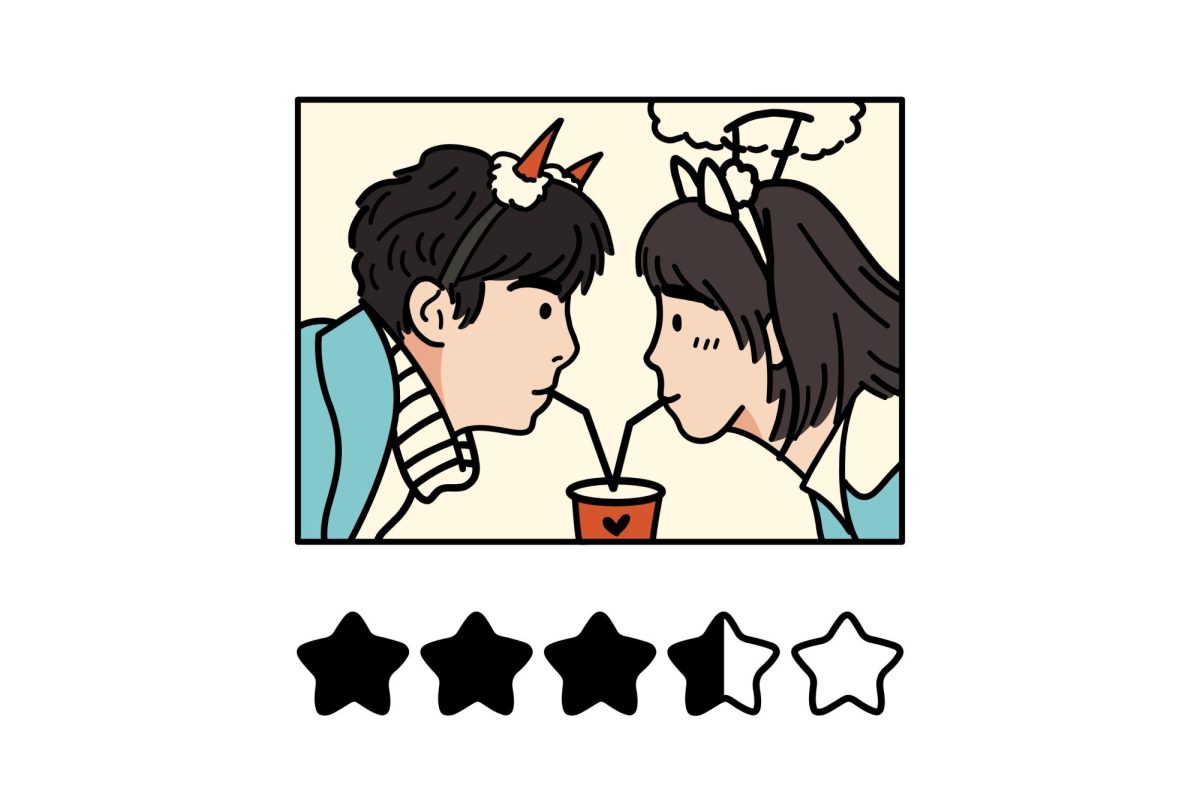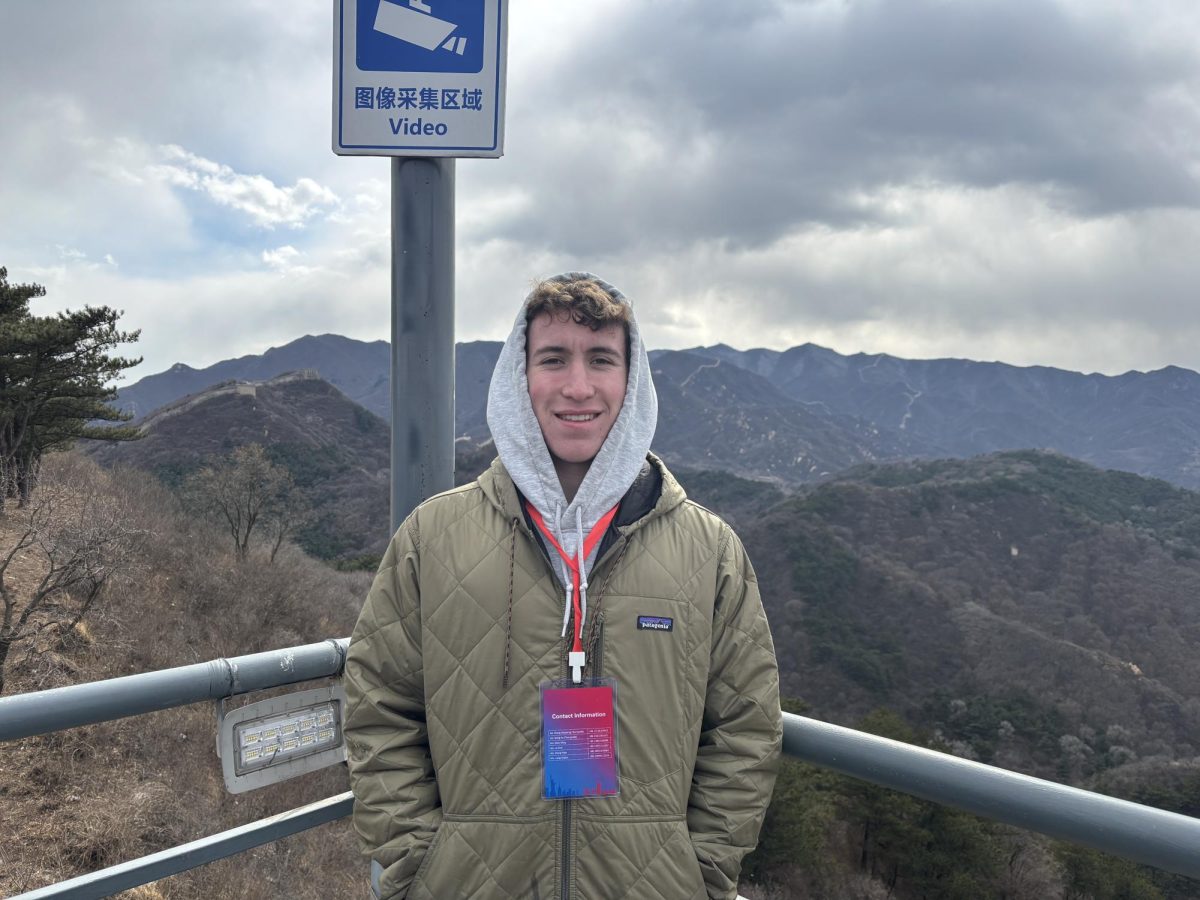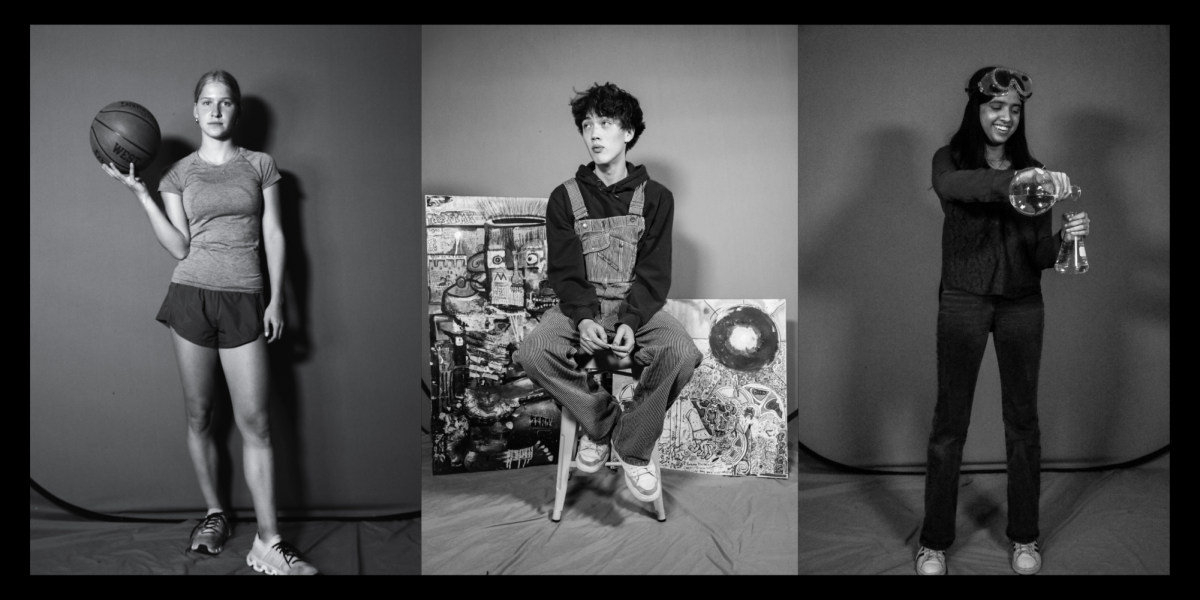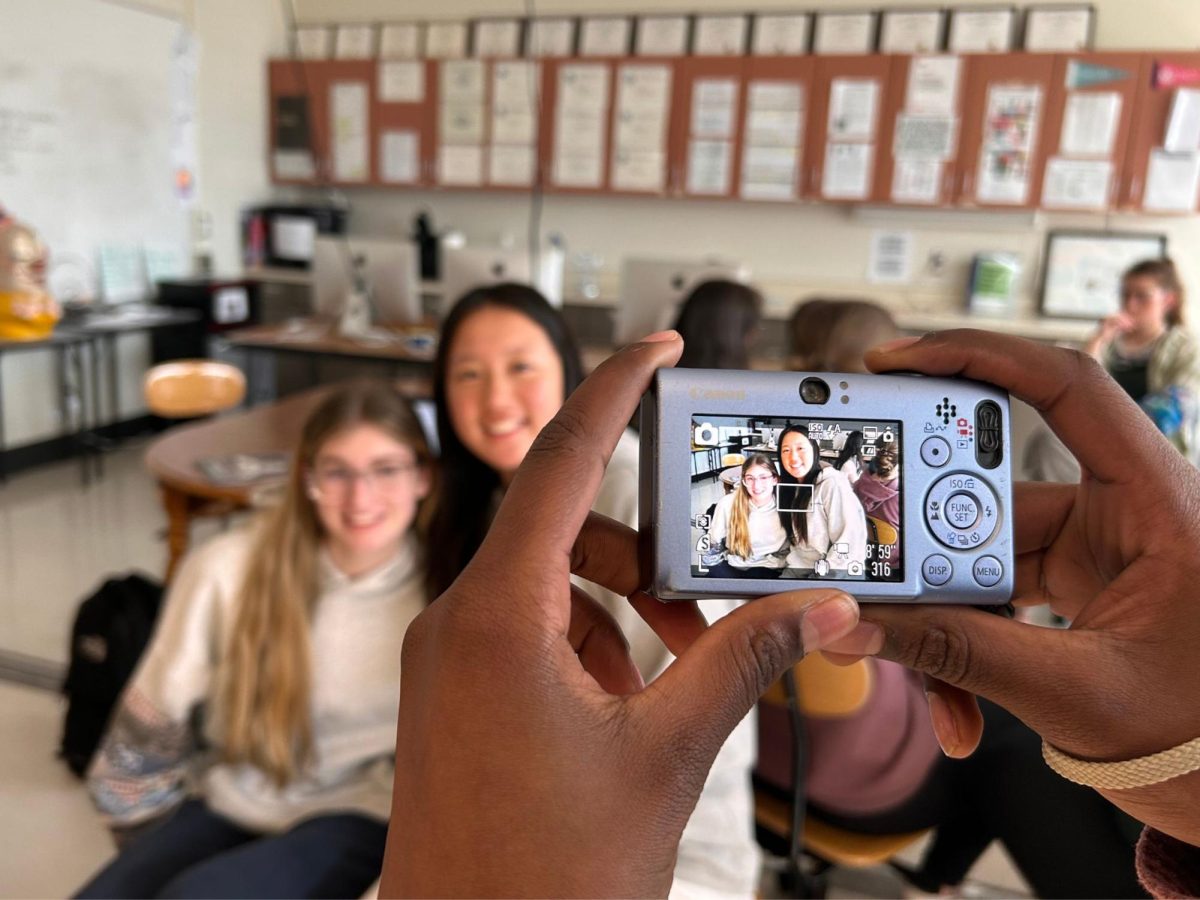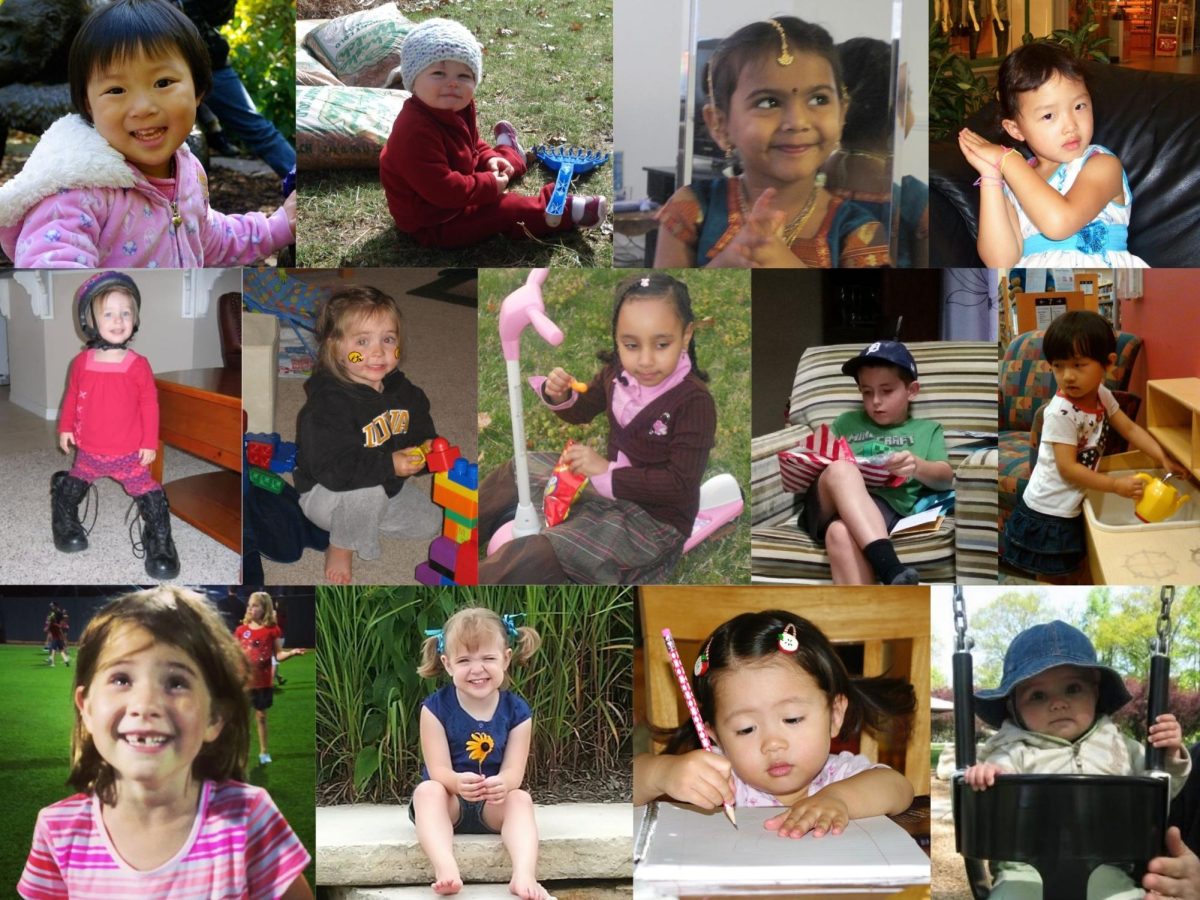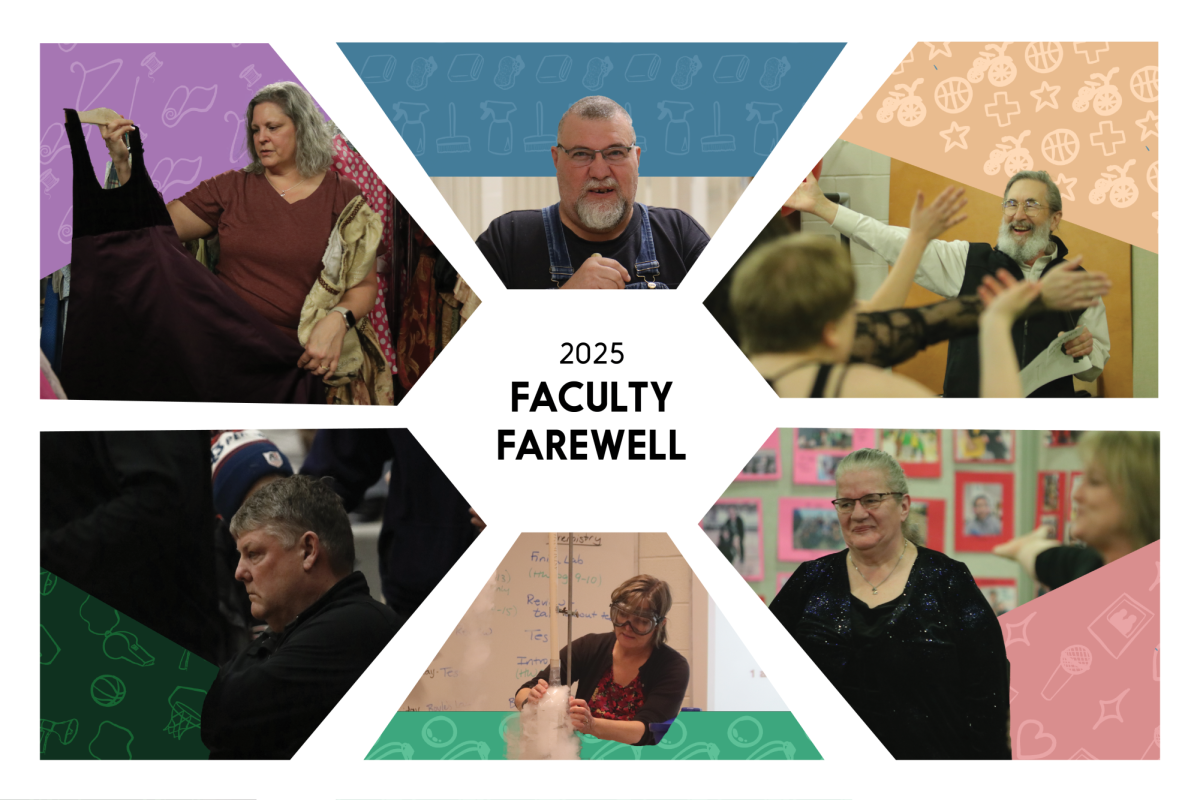My experience with college applications has been different than most. I first started looking at colleges in third grade and created application plans in my freshman year. Coincidentally, my freshman year was when one of the most traumatic experiences of my life happened. Throughout meetings with counselors and missing school, I remember my friends and I making the same joke: “At least I have something to write about for college apps now.” Humor was our way of dealing with the situation, but as I look back on those moments, I realize how dystopian they sound.
As a whole, West High is the best school in the state. Feeling accomplished becomes ten times harder when you are surrounded by students who have all done the exact same things as you: volunteering, good grades, ACT/SAT scores, extracurriculars. The pressure to stand out falls on your life experiences and how well you can summarize what makes you you in 650 words or less.
I began trying to figure out how to make my life a shock piece. Writing about the pain I felt seemed like the only way to stand out, but it didn’t make the pain feel any better. It dredged up old emotions, and with them, old habits. Ruminating over my lowest moments in order to make myself more appealing to a faceless college representative became my pastime. After talking to other classmates, I realized that I wasn’t alone.
Although students are taught the form of a personal essay from sixth grade onwards, the process of writing a good college essay is the least formulaic thing you can think of. It sounds simple in theory: something that defines you, how you were before and how you grew. ‘How does it make me a good addition to the university?’ As I was writing, I lost all of my ideas. Yes, I went through something terrible, but it didn’t make me a better person. It didn’t make me worse either, it just made me different.
Writing the college essay forced me to take all of the pain I’ve felt throughout my life and rank it. Which trauma was the best trauma? Which pain made me the most appealing? In trying to plan for my future, I ended up undoing all the work I had done in the past, wallowing in grief that I had worked so hard to escape from.
In a conversation with West High English teacher Darien Robins, he managed to take these very abstract emotions I had been feeling and put them into a few concrete sentences. “All of this feels like a negative and unhealthy way, a very capitalistic way, to think about pain and human suffering, rather than the healthier ways that we know of,” Robins said. “I think I encounter more students who feel like they have to expose trauma to be valid enough or interesting enough, regardless of whether it is truly a part of their story or a part of who they are. It just feels like they need to rip off some bandage, or they need to expose something that feels vulnerable or have to market it. Maybe that’s not right for them.”
My conversation with Robins helped me verbalize what I had been feeling. It felt like I was being forced to make an advertisement for my trauma, commodifying it, and in turn, myself. In trying to market myself, I took my pain, a very human thing, and objectified it. Writing used to be my therapy, but this pressure made it a struggle.
“I think writing about trauma at the very personal level can be very valuable for navigating that experience,” Robins said. “When we put our experiences and emotions into the receptacle of words, we have the ability to start reflecting on them and navigating them and sharing them with others and to better process them, and that’s wonderful.”
This essay should have been cathartic for me, showing how I had grown and conquered an insurmountable obstacle, but instead it made me feel that my pain wasn’t valid. It became not just a competition within myself to rank my trauma, but an outwards comparison as well. À la “Animal Farm,” it felt like all pain is equal, but at this moment, I felt that some pain was more equal than others. My trauma didn’t make me a perfect applicant, and therefore isn’t as important as the trauma of a peer.
In retrospect, this perspective is harmful and untrue. Your pain shouldn’t be defined by how appealing it makes you. Regardless of its impact on you, the trauma is valid because it happened. You are more than your ability to market yourself, and you aren’t defined by your past or your pain.
In the words of Mr. Robins, “The existence of beauty, goodness, intellect and insight are not predicated on pain and suffering, but both exist, and it is not that one follows the other. It’s not a logical progression, and to treat it as such is unhealthy and unkind to ourselves, to the depth that we can possess, to the pain that we felt.”


